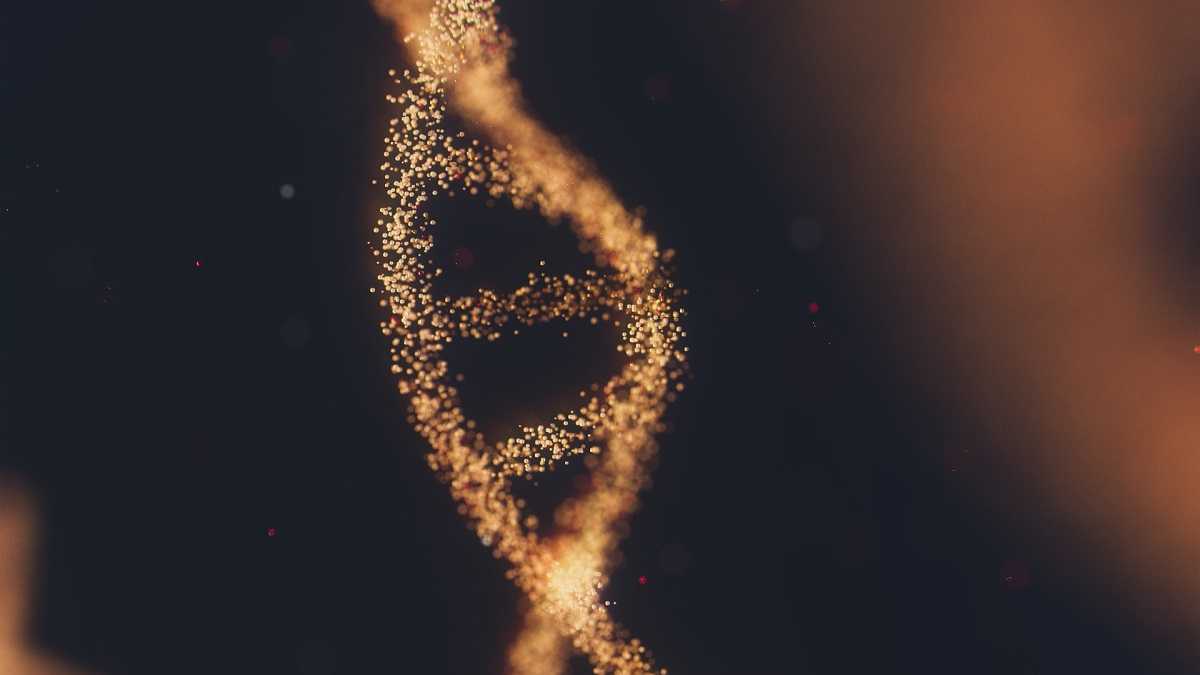
Scientists have announced an almost complete decoding of the human genome
It has been 20 years since the completion of the Human Genome Project, in which scientists have sequenced the human genome in 10 years. Despite the fact that this event is usually referred to as the decoding of the entire genome, in fact, the project sequenced 92% of DNA nucleotide sequences.
The day before, an article was published that talks about deciphering almost all base pairs. To be precise, it is about 200 million couples.
Thus, scientists now have almost completely deciphered the human genome, although 10 million pairs still remain intact.
Genome sequences that have not previously been deciphered are now known to include protective telomeres and dense protrusions, centromeres that are often located in the middle of each chromosome and help organize its replication.
The short arms of five chromosomes, in which the centromeres beveled to the end, were also almost completely detected. These short arms were known to contain many genes encoding the base of ribosomes.
Why it matters
The new reference genome named T2T-CHM13. Scientists note that these parts of the human genome are important for understanding genetic diseases, human diversity and evolution, as well as understanding how the genome works in general.

